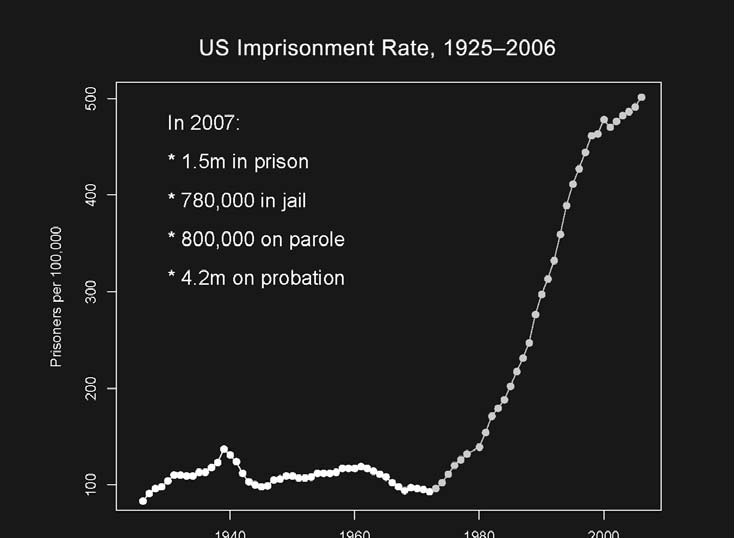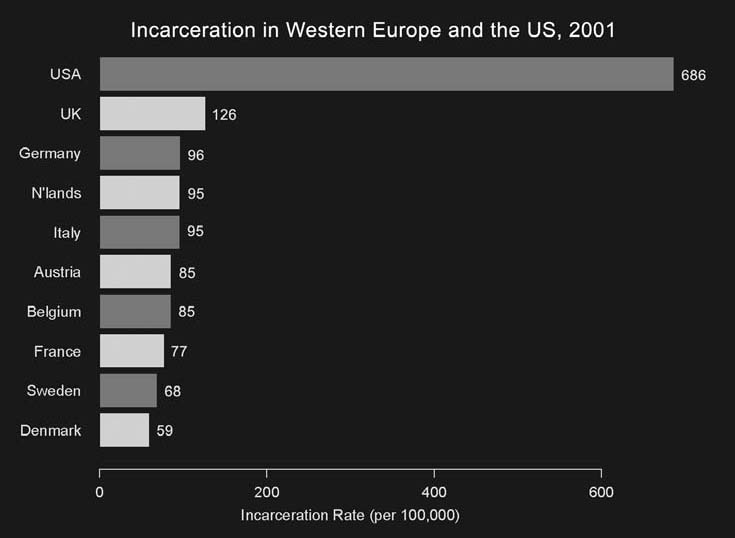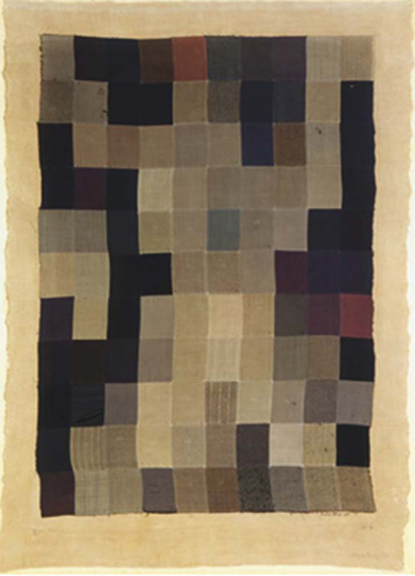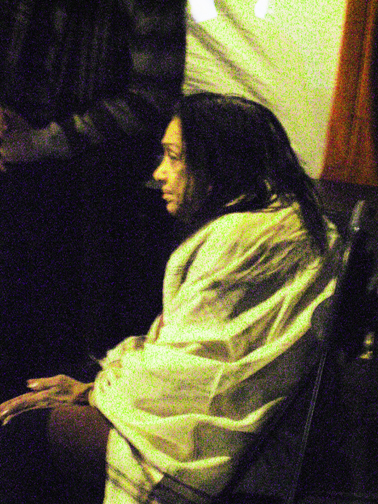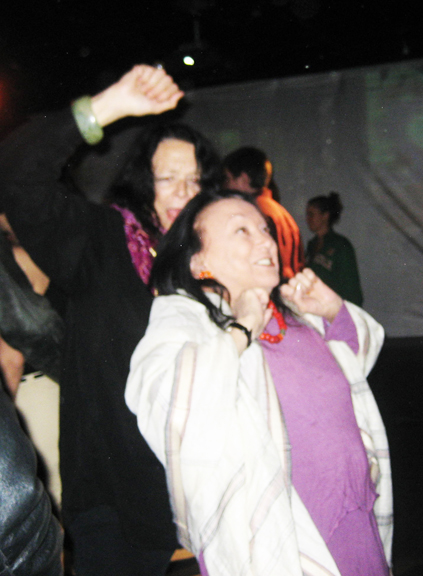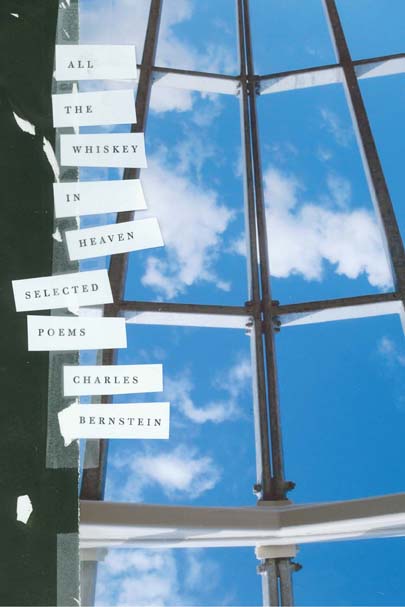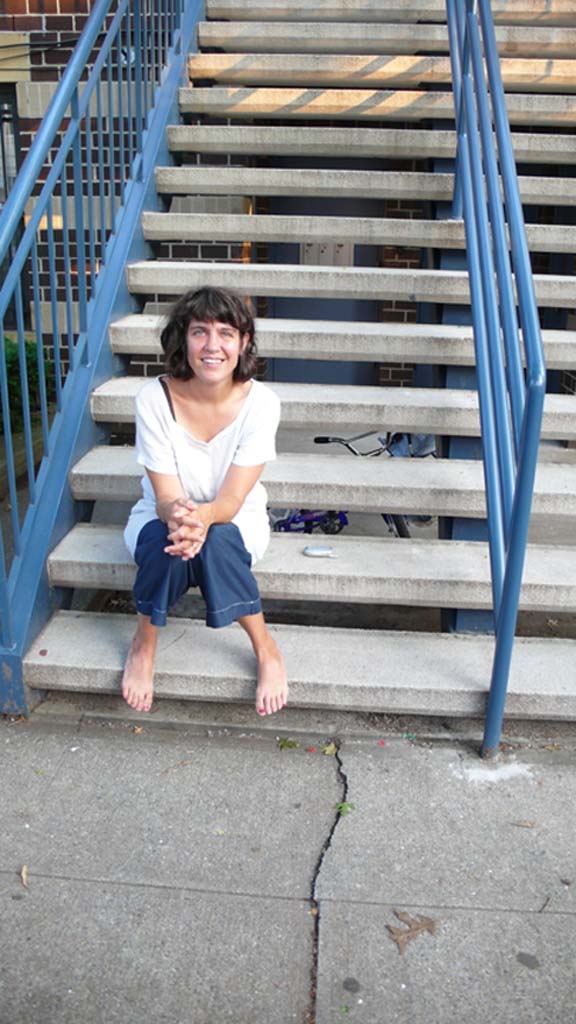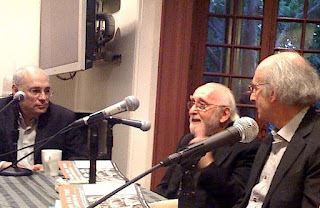3rd edition 2010, 8.25" x 8.25 ", 90 pages.
View or Download pdf on Scribd
(1.2mb)
ORDER
First edition published by Xexoxial Editions in 1990. Photos by Barbara Rosenthal, introduction by Charles Bernstein. At one point in her life, this clairvoyant author saw her books on her forehead. This book, however, is a hearing of the world as it happens, one writing per week. One quickly learns by reading that there is no logic to disaster or everyday life. Of special interest to mediaglots.
Weiner on the origin of Weeks:
"My friend, the writer Barbara Rosenthal, gave me a page-a-day diary last Christmas to encourage me to write. Not seeing words anymore, I looked for another source. I found it in the TV news, which accounts for the bulk of the material. I typed it up week by week, which accounts for the title."from HOW(ever) Vol.3 No.4, January 1987
Weiner reading Weeks @ PENNsound: (1/3) - (2/3) - (3/3)
Charles Bernstein on Weeks:
“Weeks, in its extremity, represents the institutionalization of collage into a form of evenly hovering emptiness that actively resists analysis or puncturing. In Weeks, the virus of news is shown up as a pattern of reiteration and displacement, tale without teller . . . Weiner’s Weeks is a shocking cul de sac to a tradition of the found in American poetry – a tradition that includes, by any brief accounting, Charles Reznikoff’s Testimony, Sterling Brown’s ethnographic encounters with the black oral tradition, William Borroughs' cut-ups, Jack Spicer’s “received” poems, Jackson MacLow’s processing of source material, or Ronald Johnson’s erasure of Milton in radi os” (from his introduction to Weeks, "Weak Links" in My Way: Speeches & Poems)



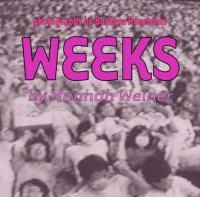





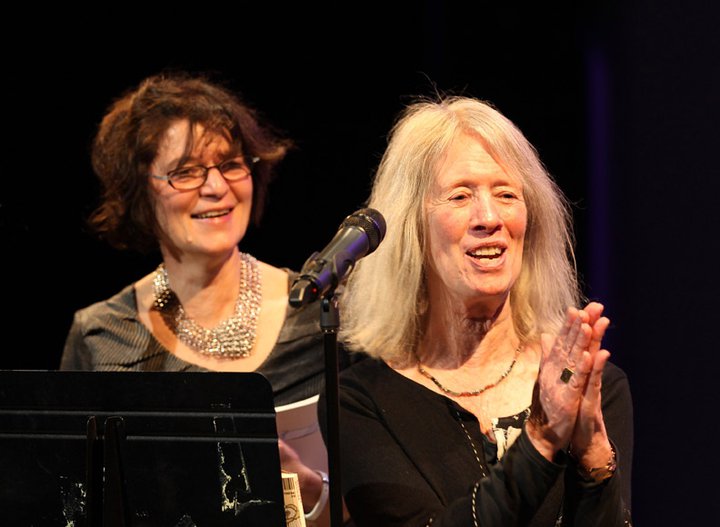
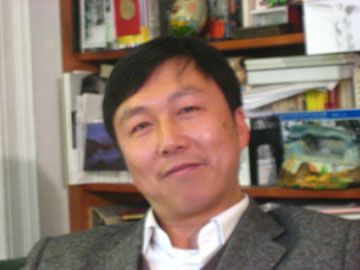
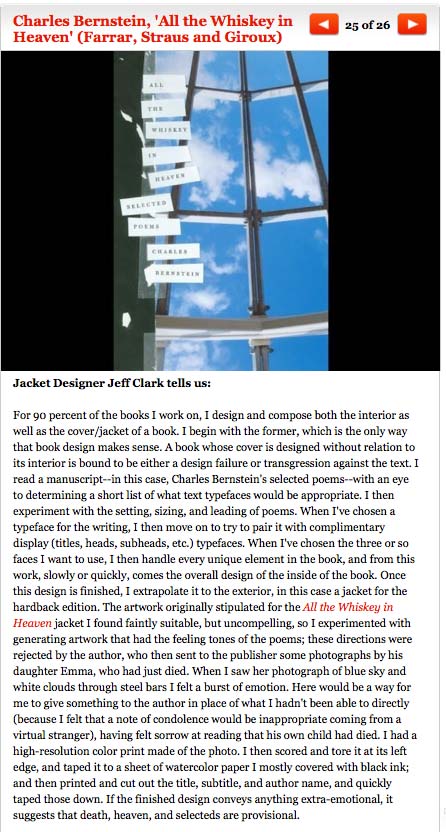
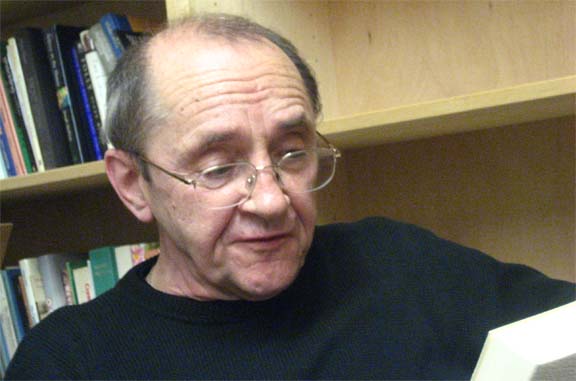
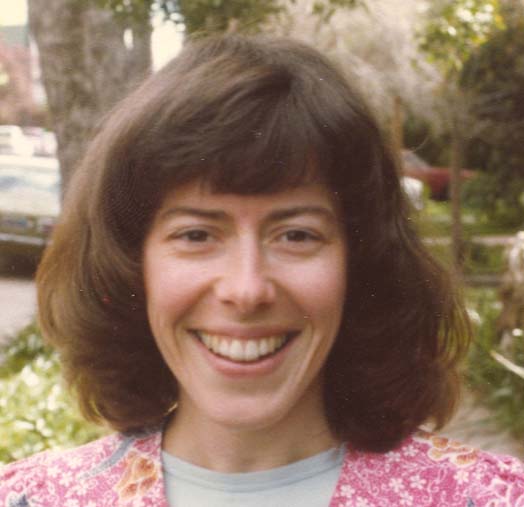







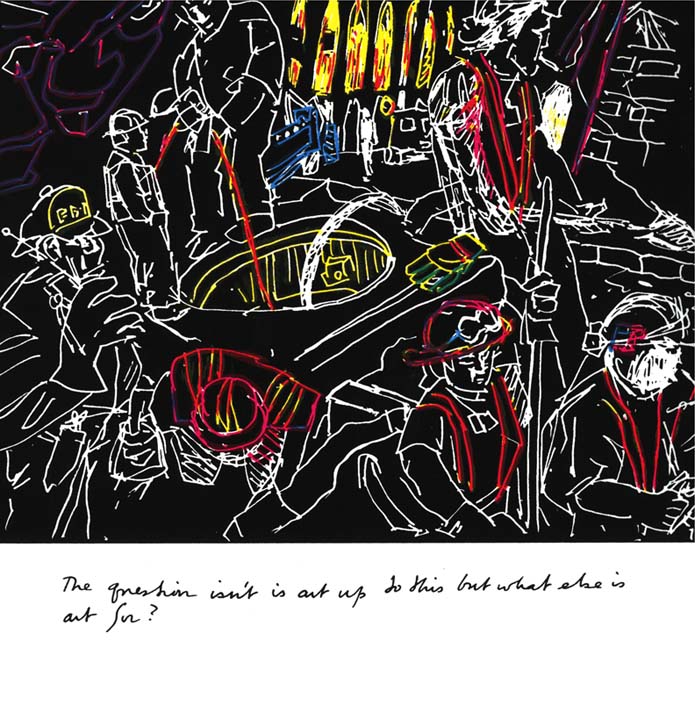








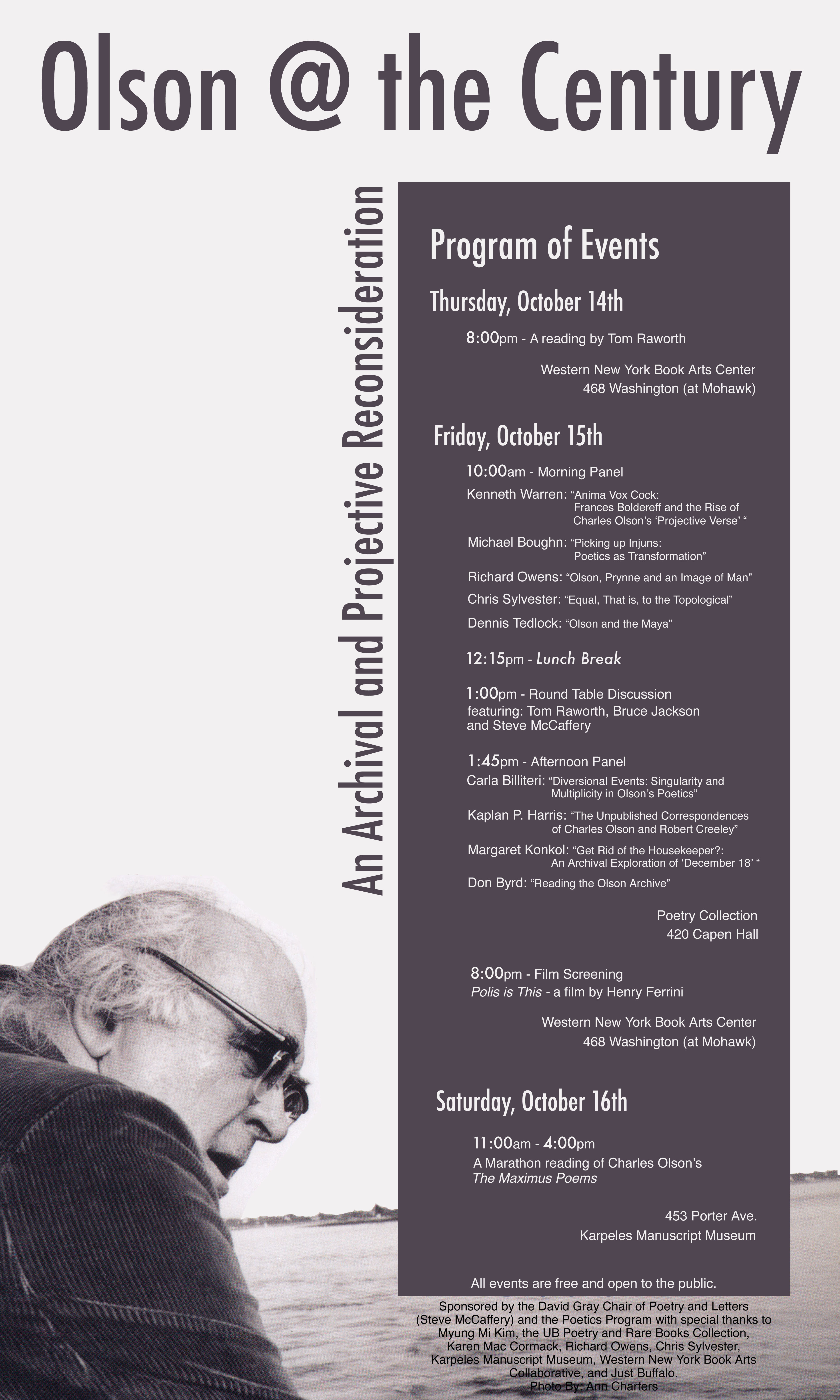





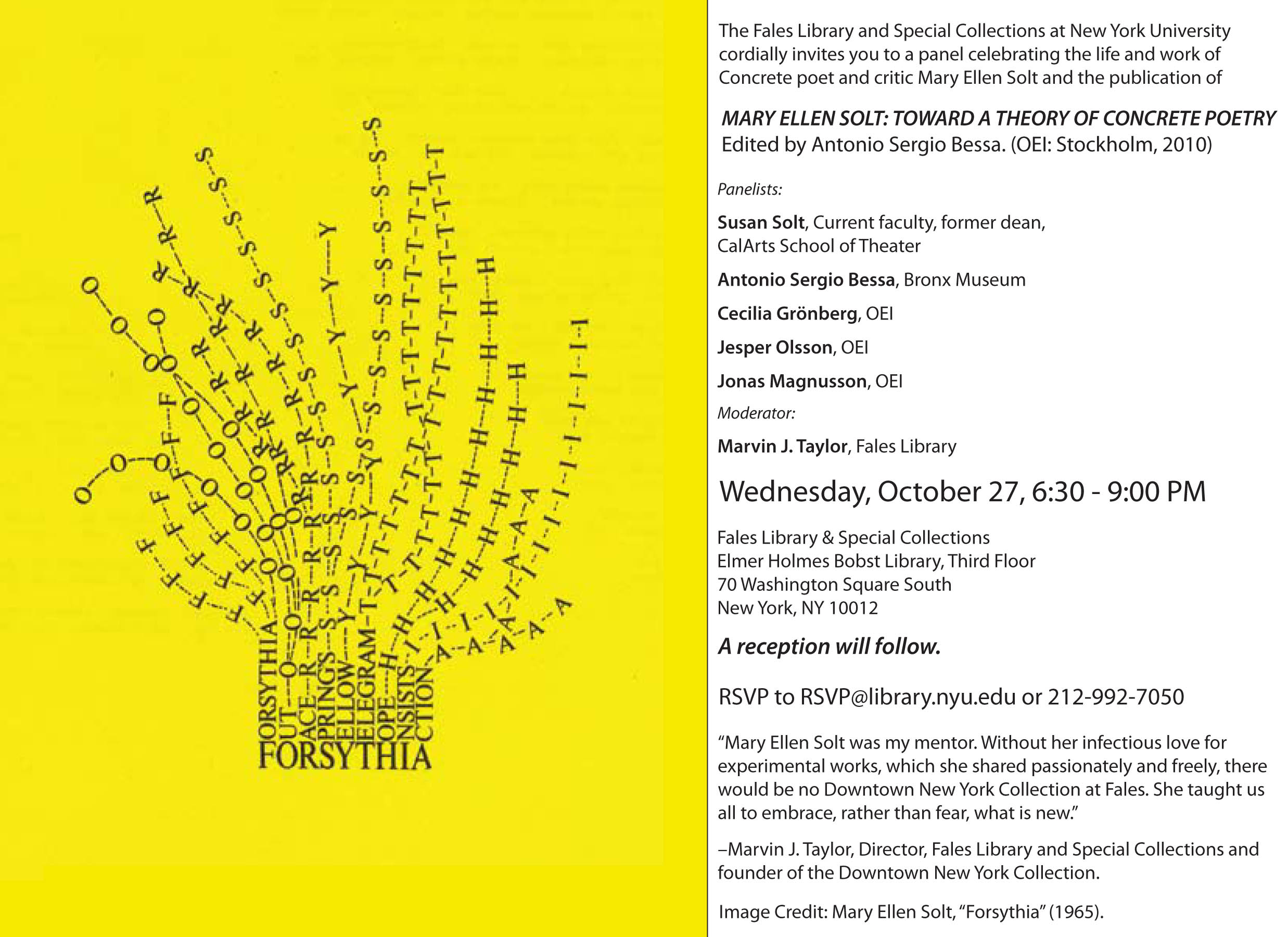
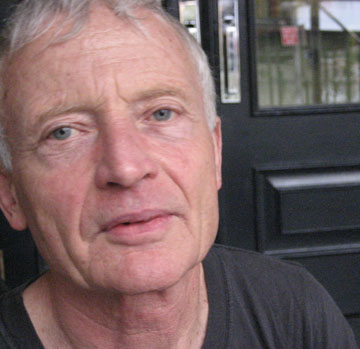
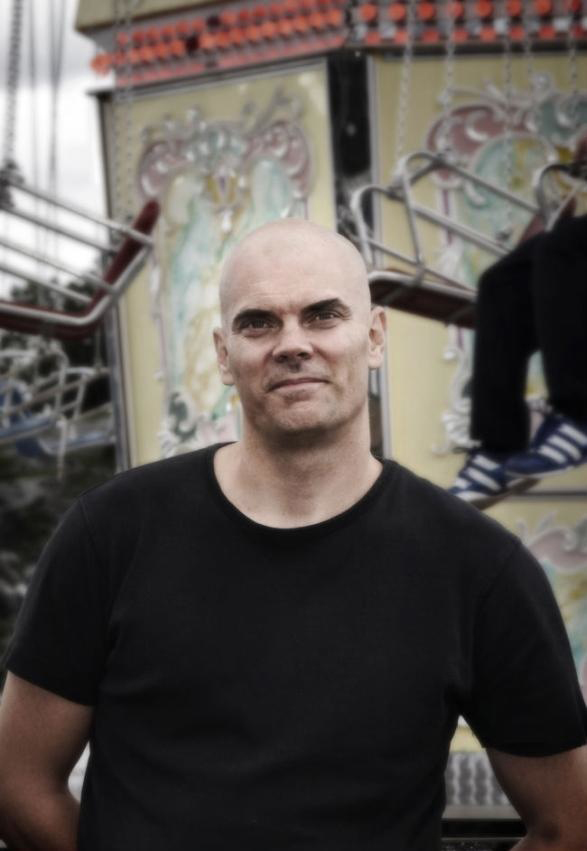


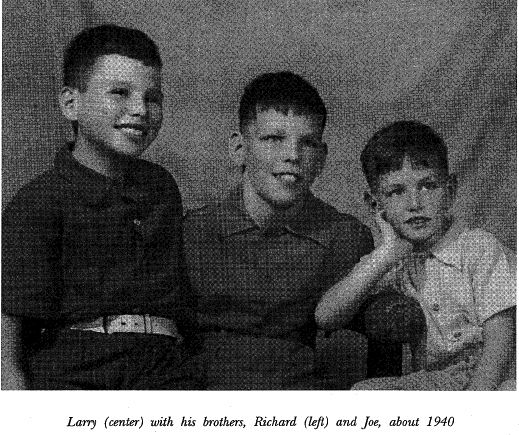
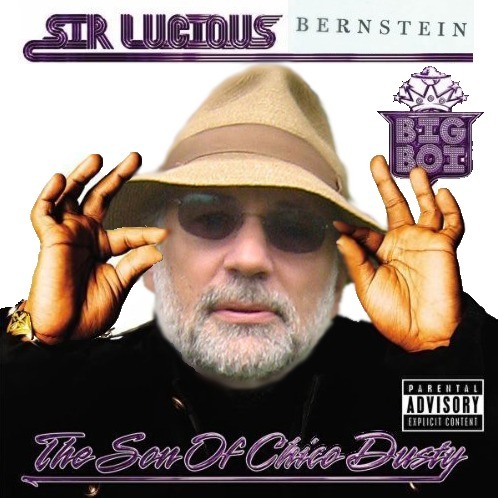





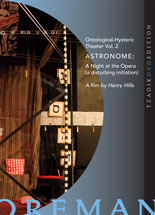















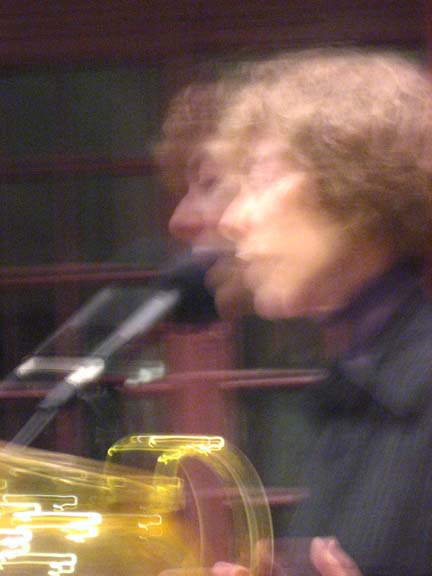

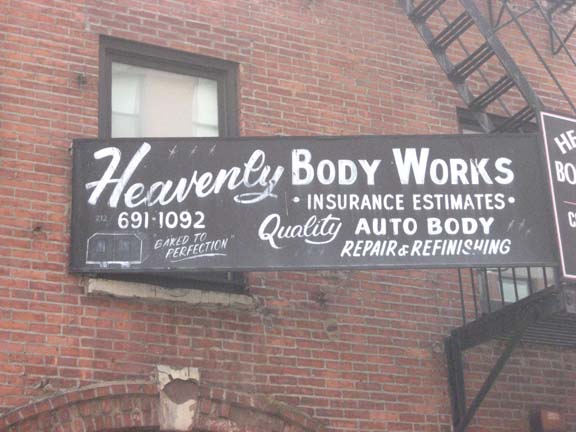






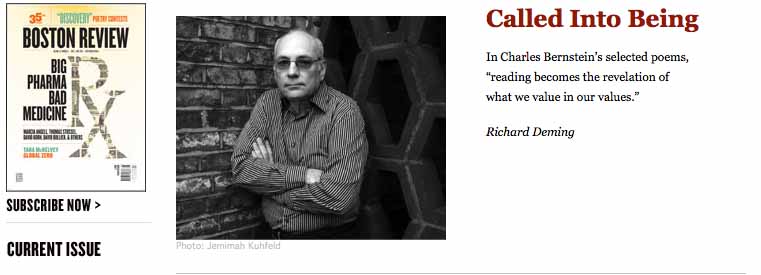







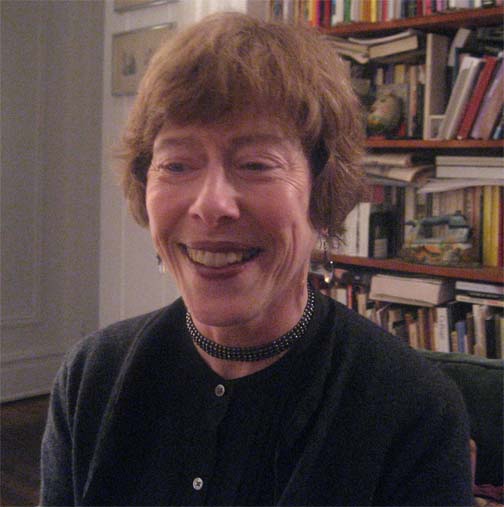


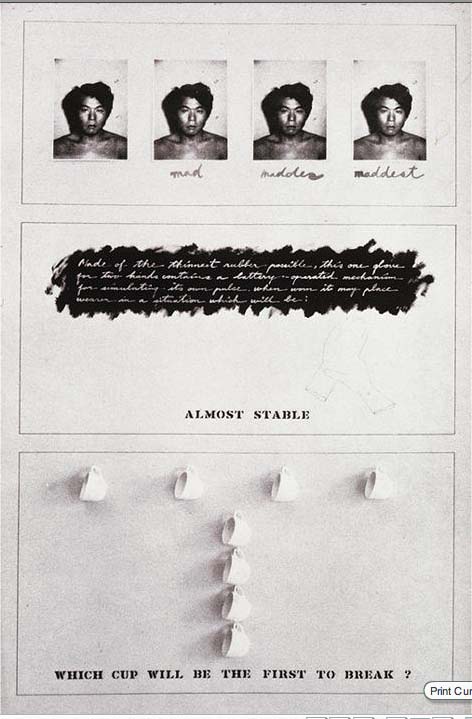






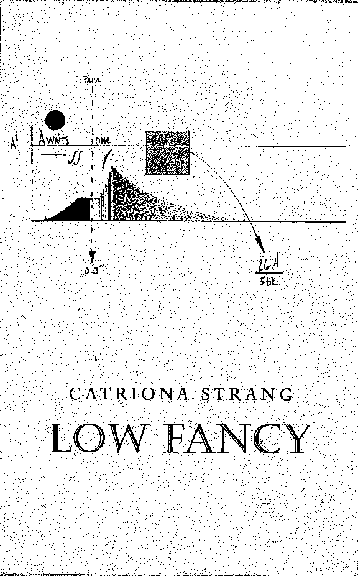
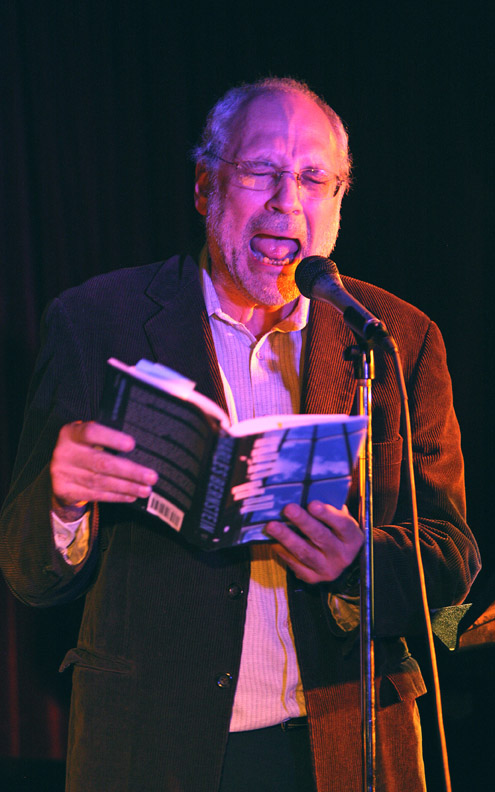


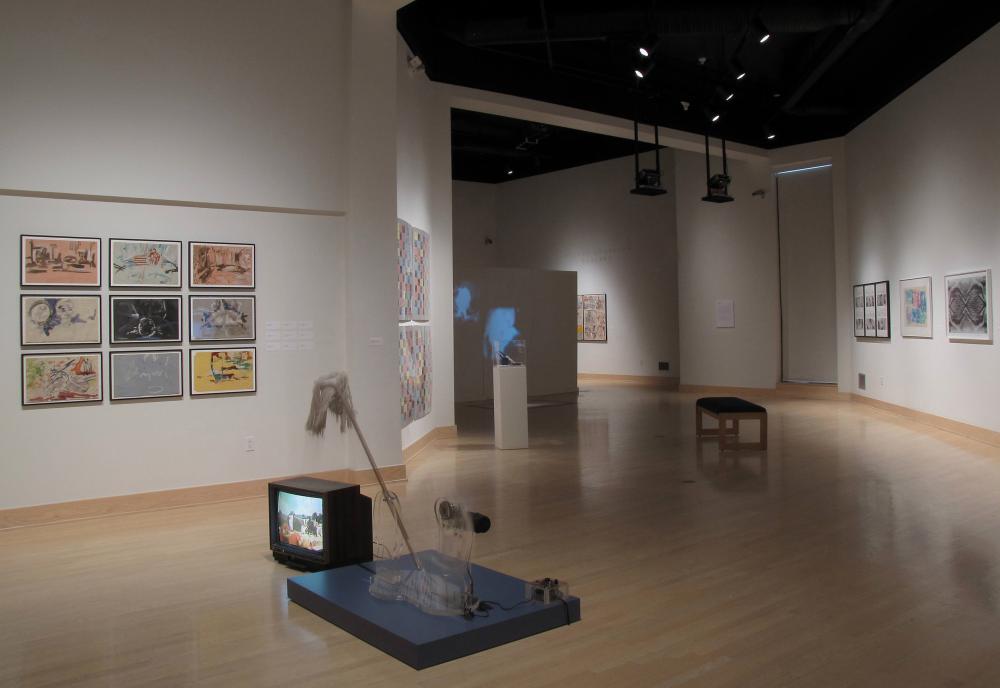

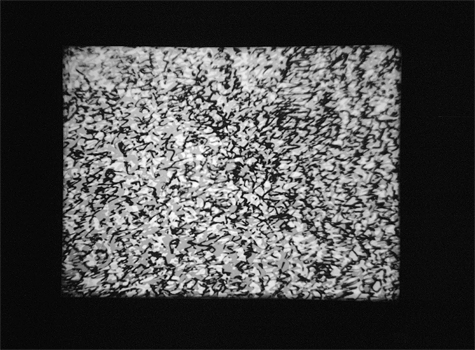





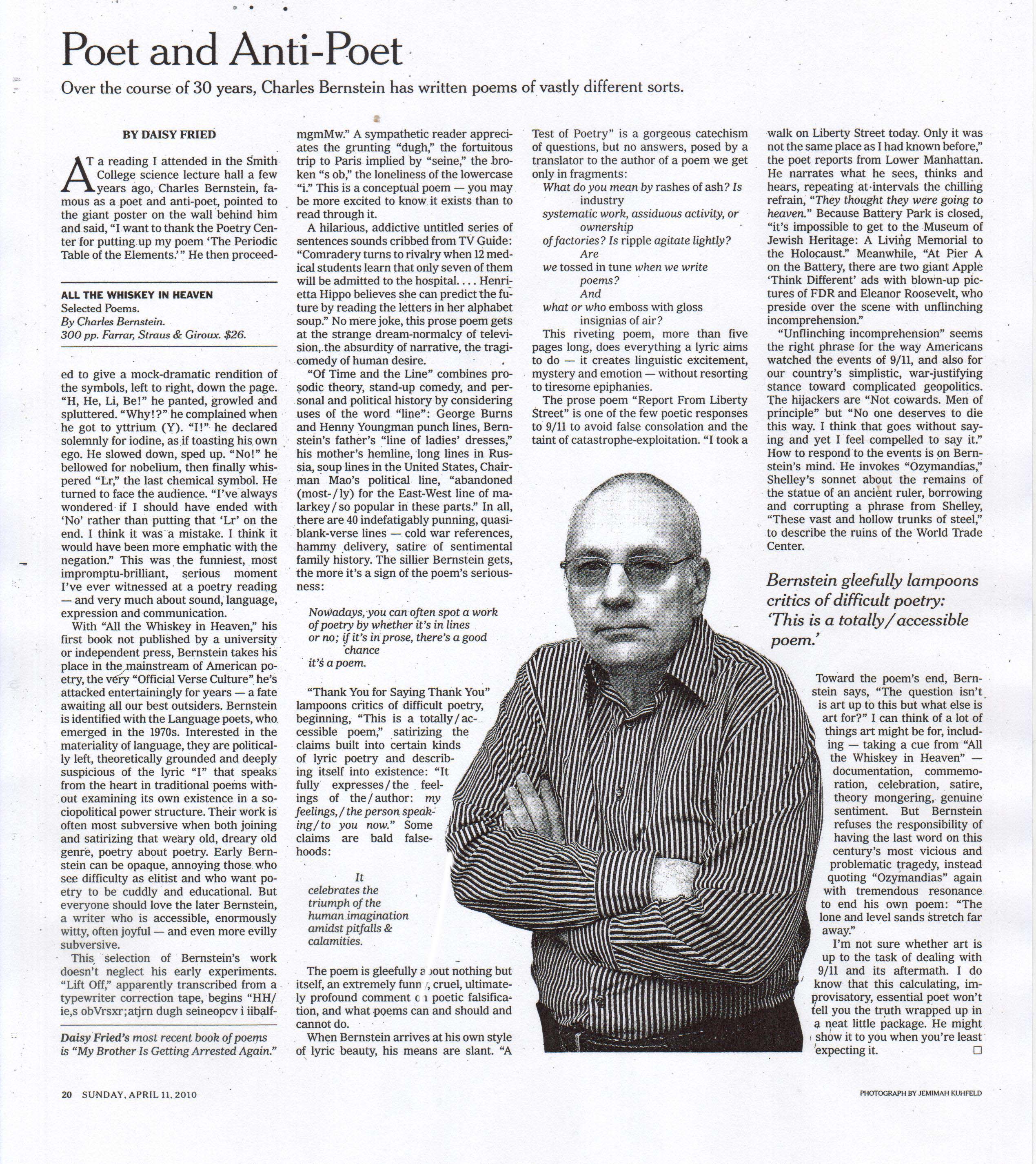




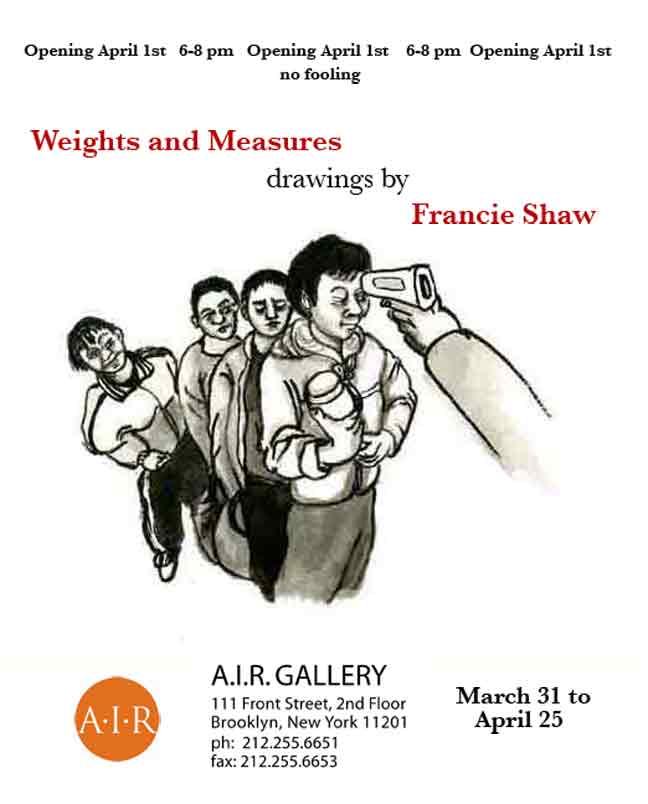

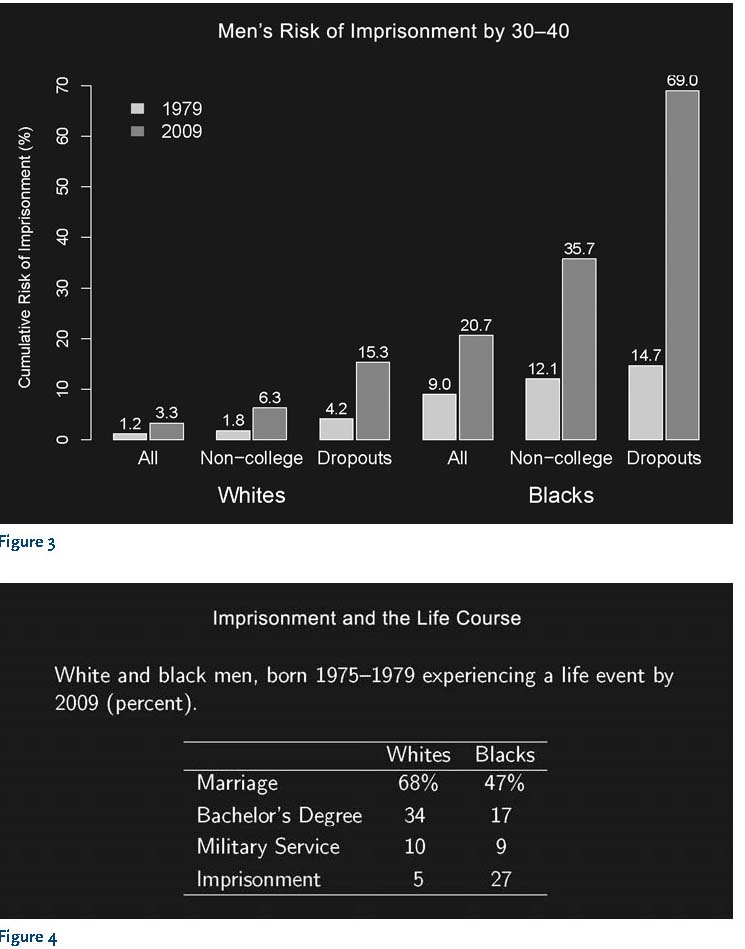 jjj
jjj